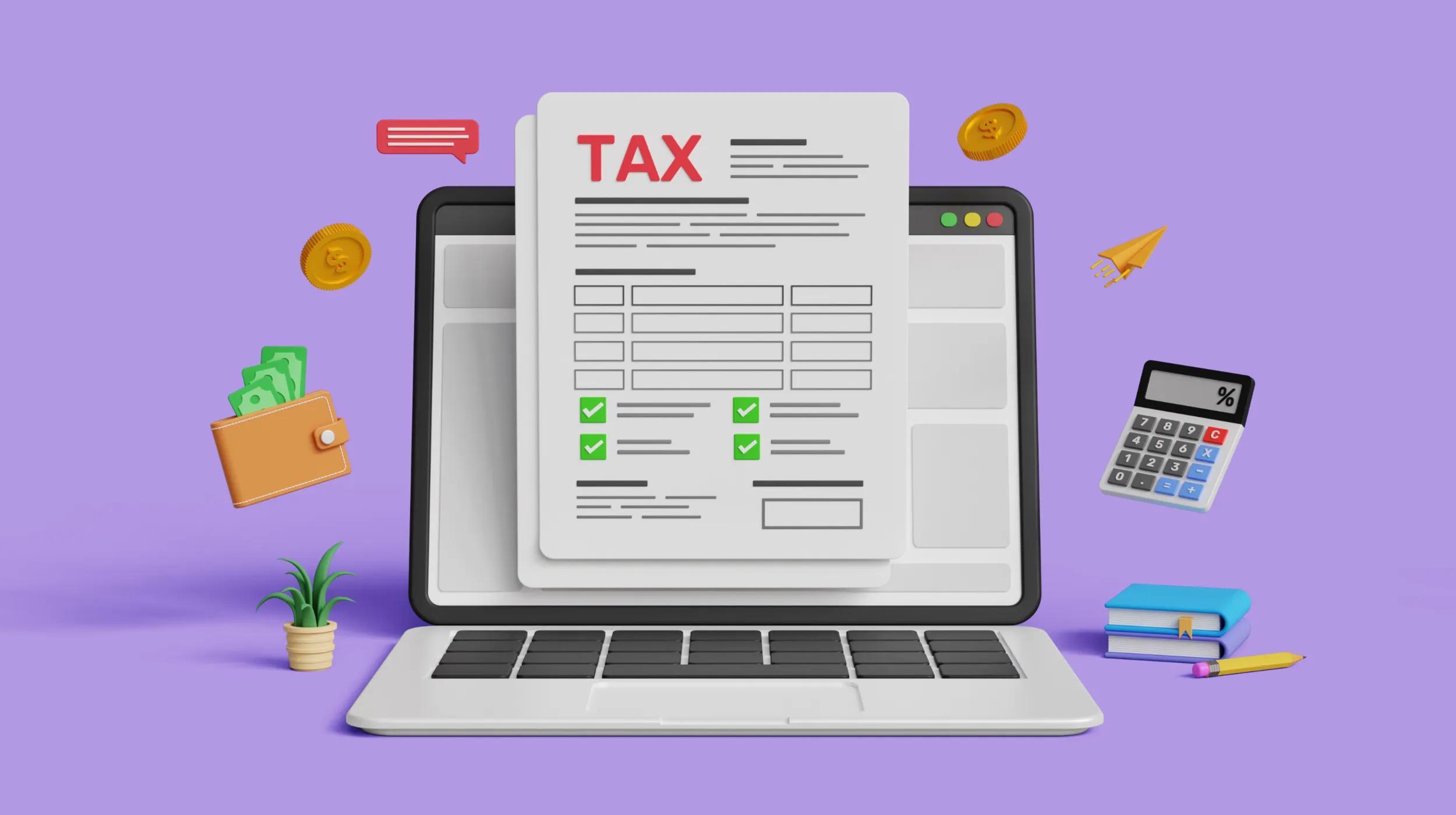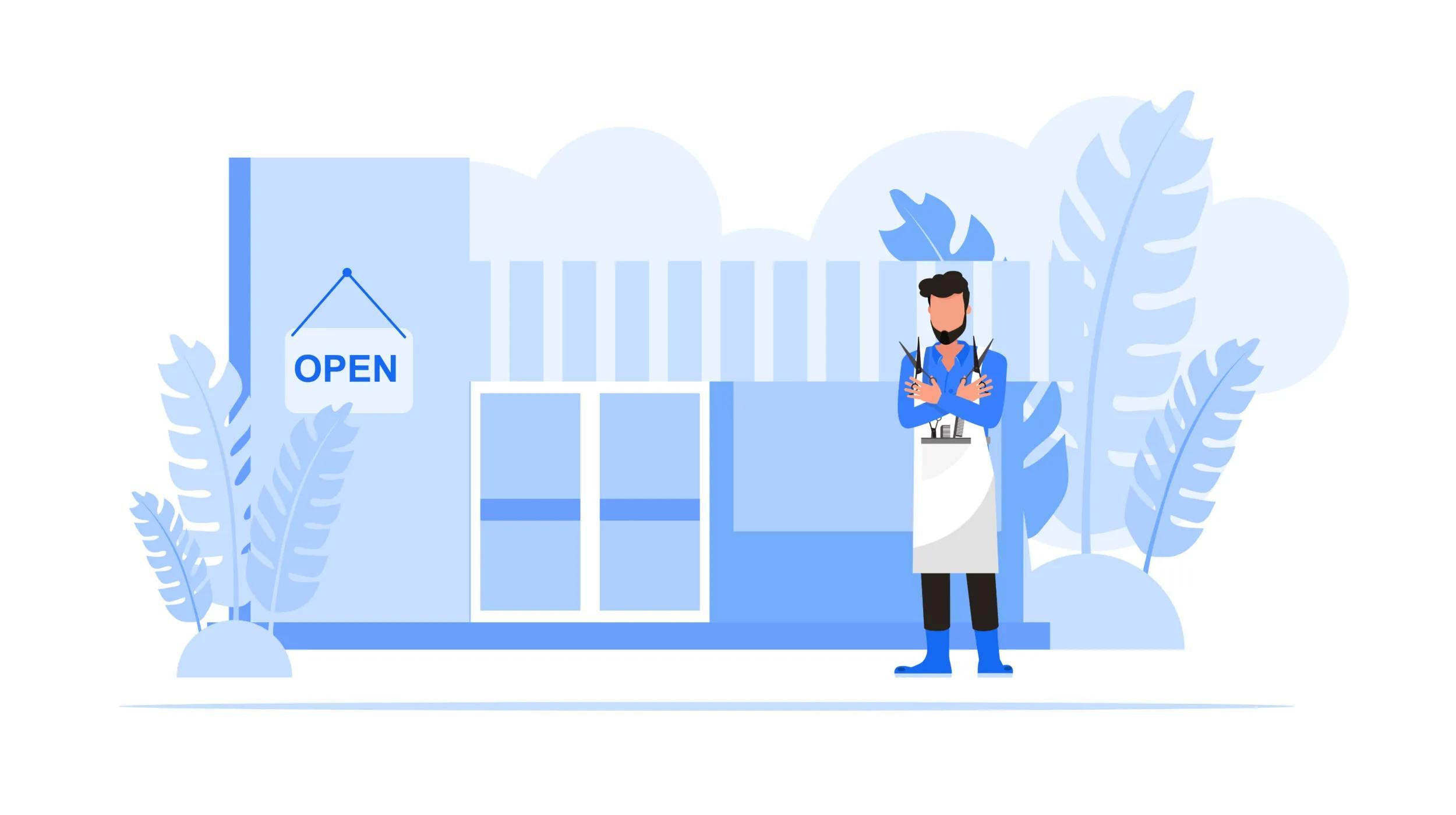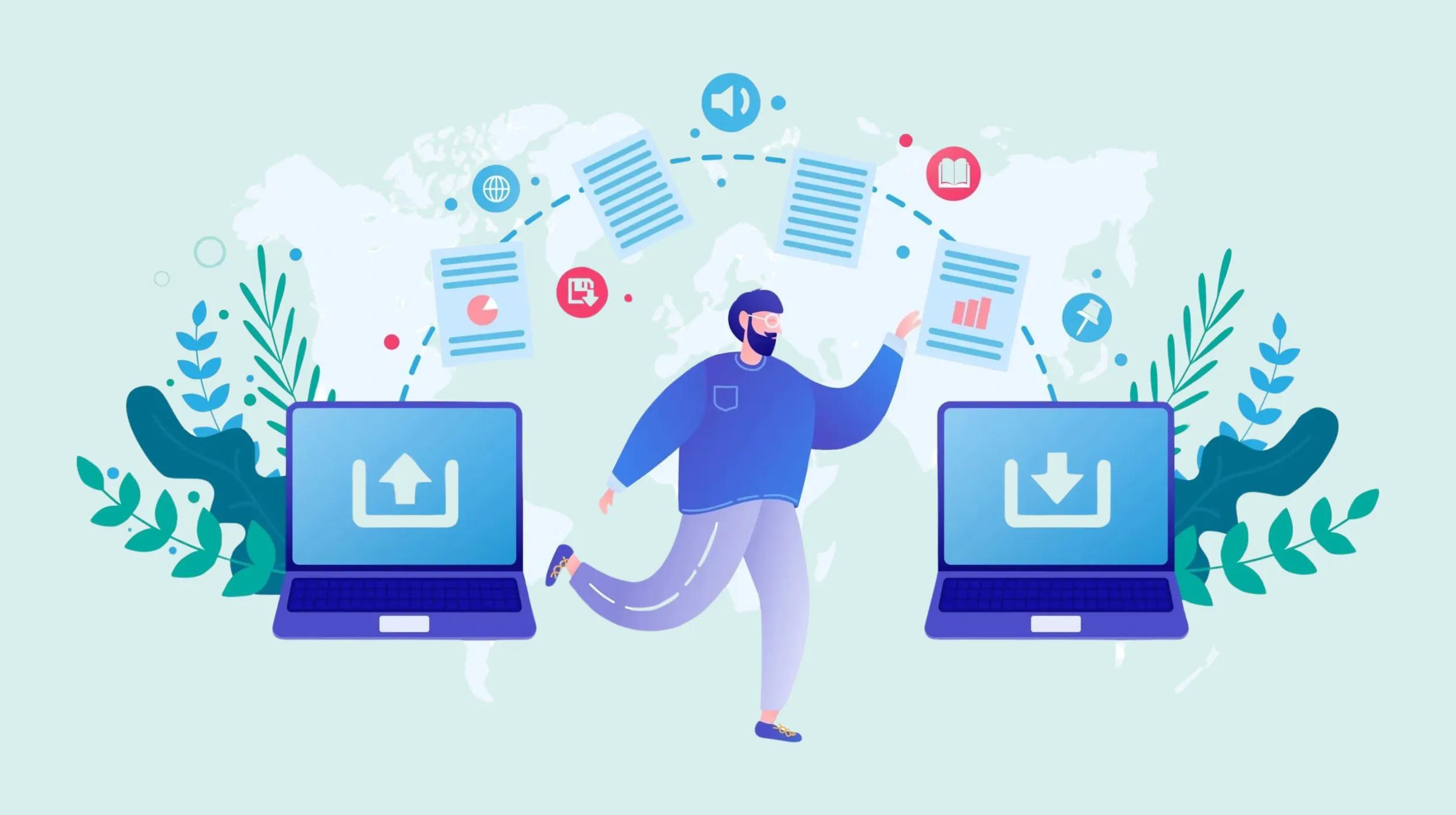
It's important to armor up and protect yourself and your business online. If you take extra precautions and use common sense, you can increase your online security and prevent malware and phishing attacks.
Let's go over come basic Internet security tips:
Use anti-virus software. Install anti-virus software and scan your computer on a regular basis (at least once a week). Also, make sure your anti-virus software is up-to-date.
Update, update, update. Similarly, your computer's operating system and software require regular updates. Failing to keep your software up-to-date opens the door for hackers.
Be cautious. Don't open email messages if you don't recognize the sender or if something seems odd, such as the subject line. Likewise, don't download software to your computer unless you're certain that the source is safe and your anti-virus software has inspected it. The same goes for clicking links: That free prize link might look tempting, but it could also compromise your computer files and let hackers access your personal information.
Use strong, unique passwords. If you use the same, weak password for multiple accounts, it won't take long for a hacker to crack your password and access your personal information. That's why it's important to use a different, secure password for each account.
By following the tips in this article and thinking before you click, you can stay safe online. Happy surfing!
Learn about the four types of SSL certificates available.
Wildcard SSL Certificate
Extended Validation SSL Certificate
SAN SSL Certificate
Organization Validation SSL Certificate






